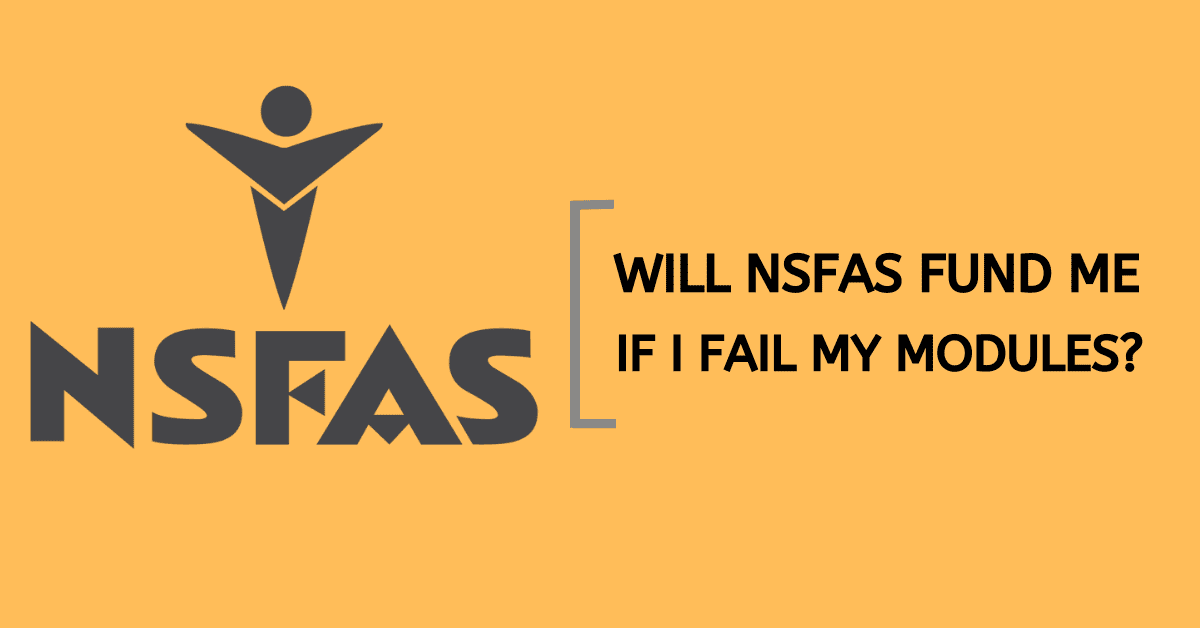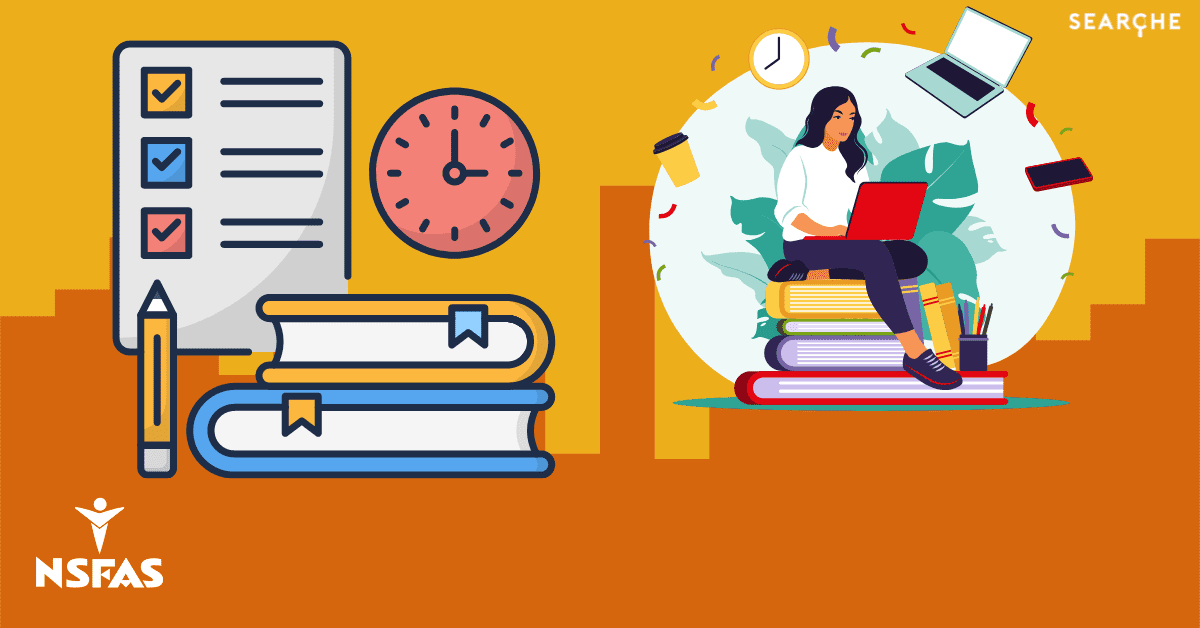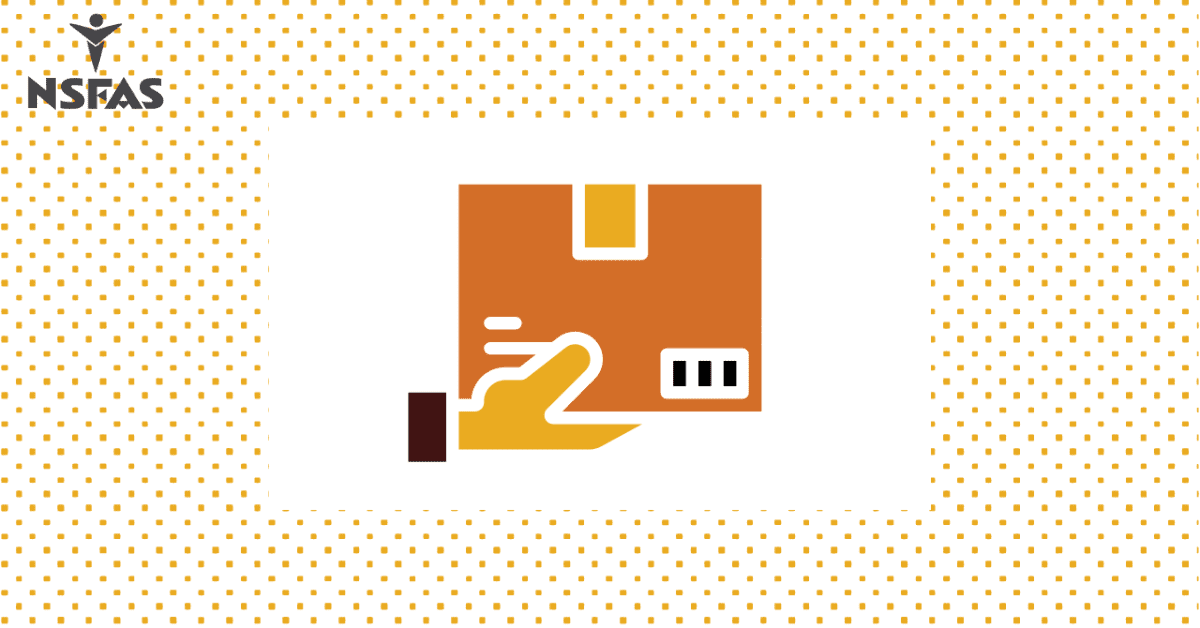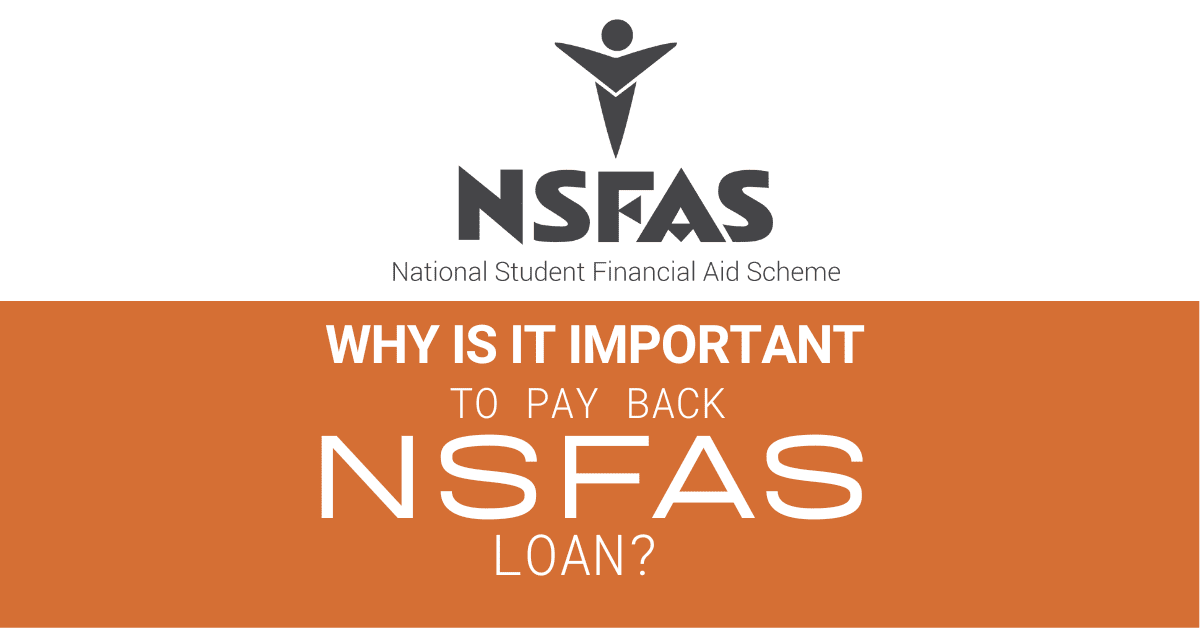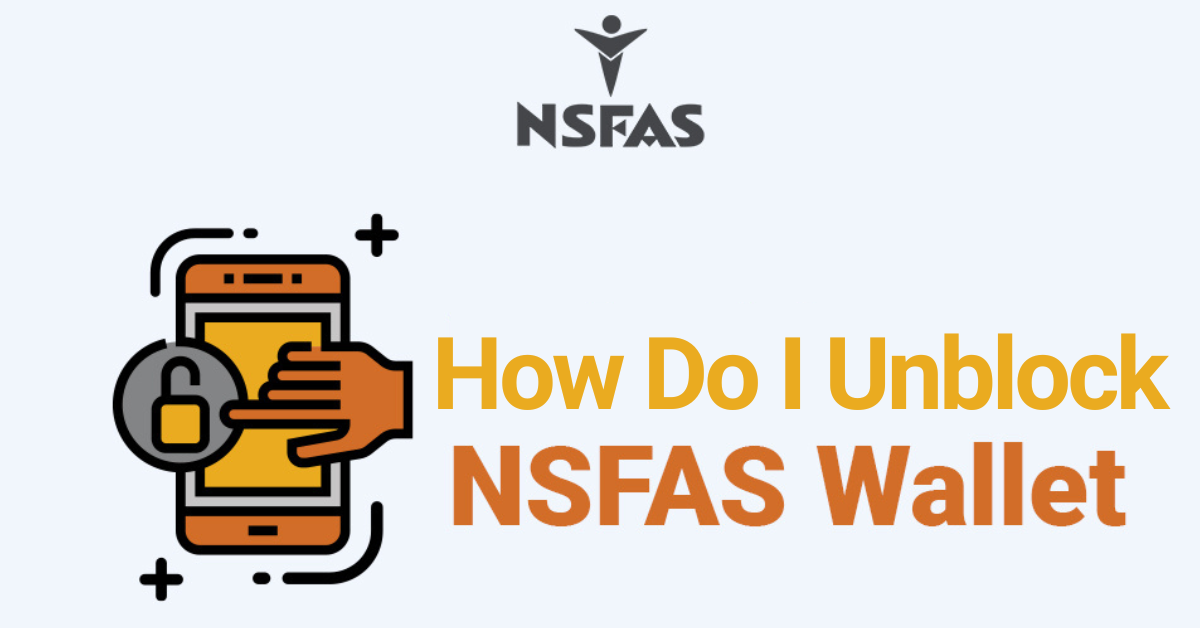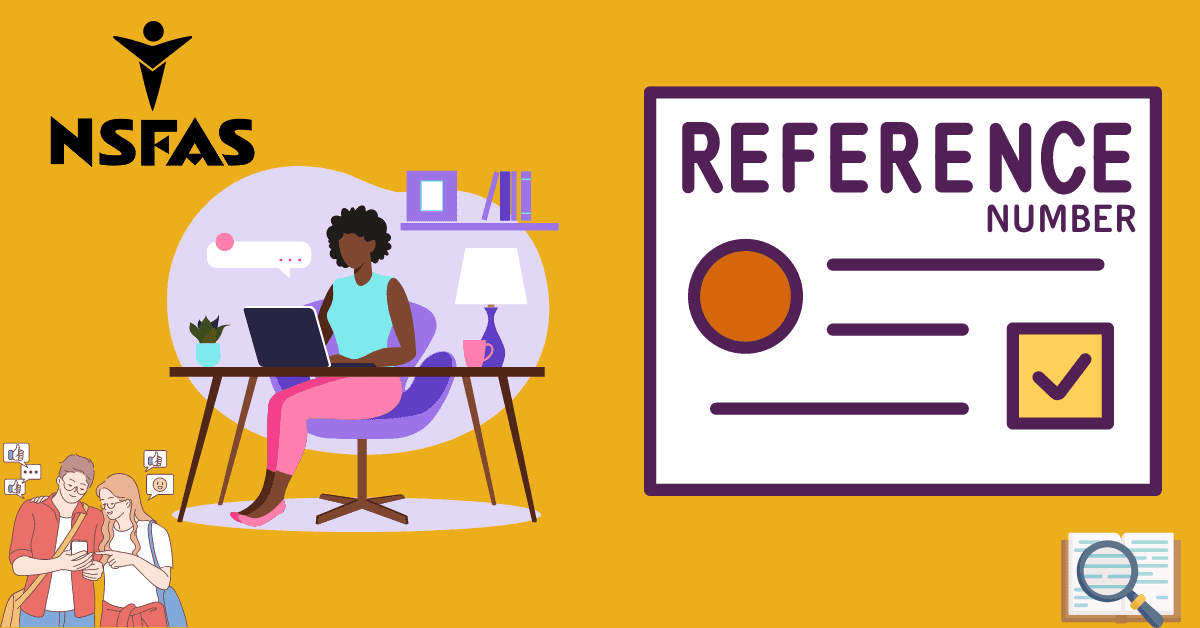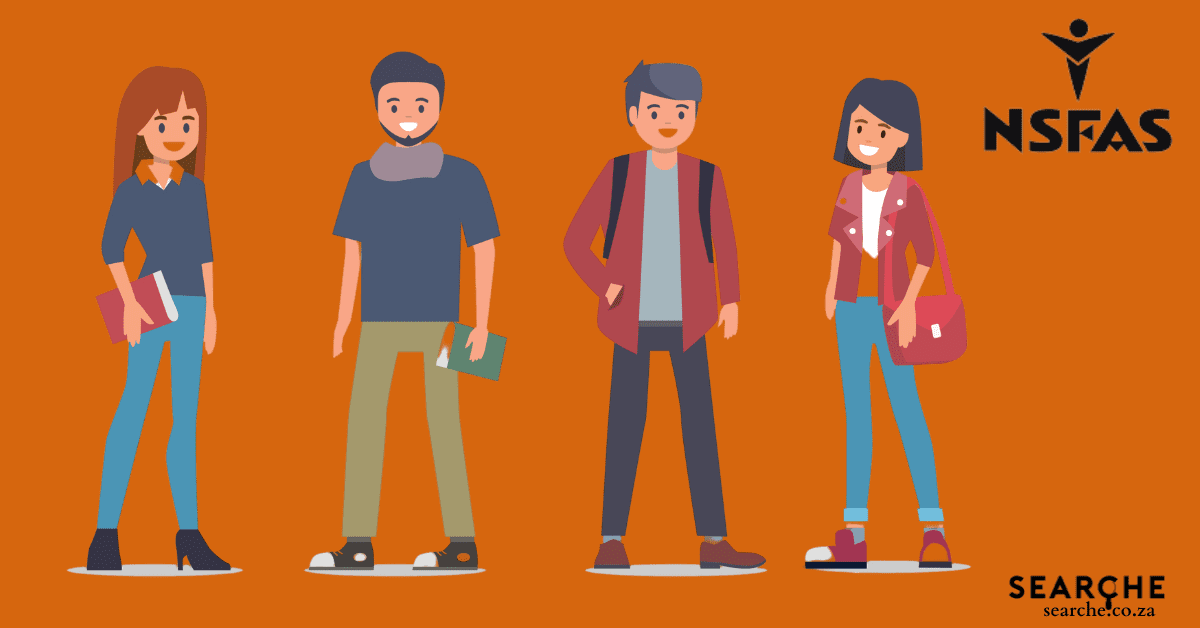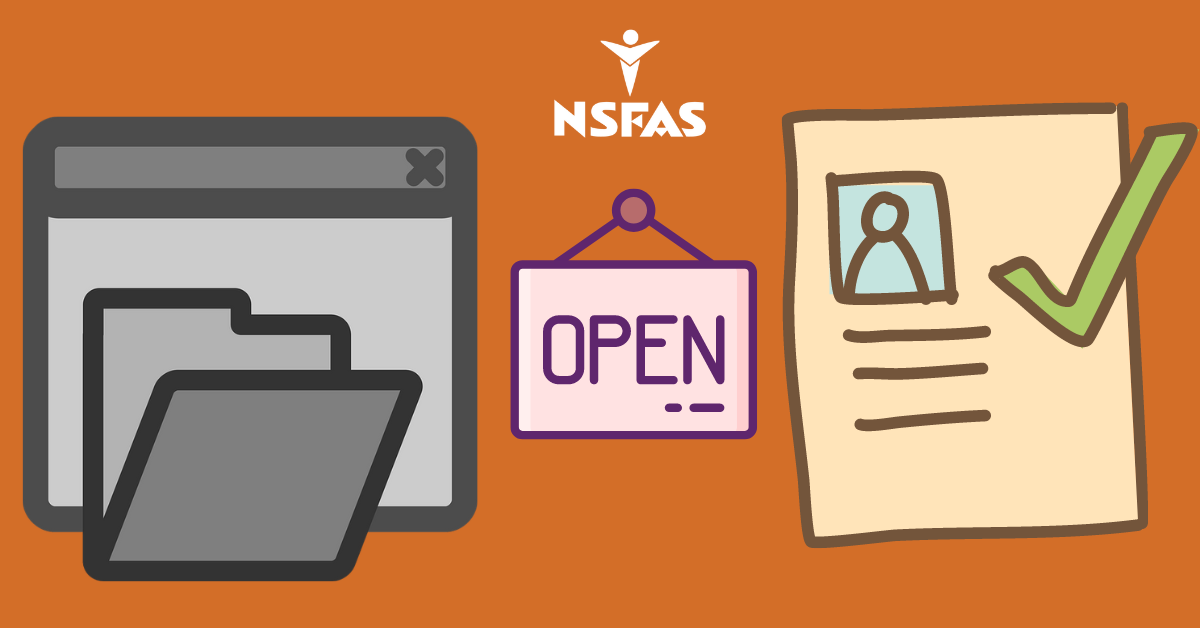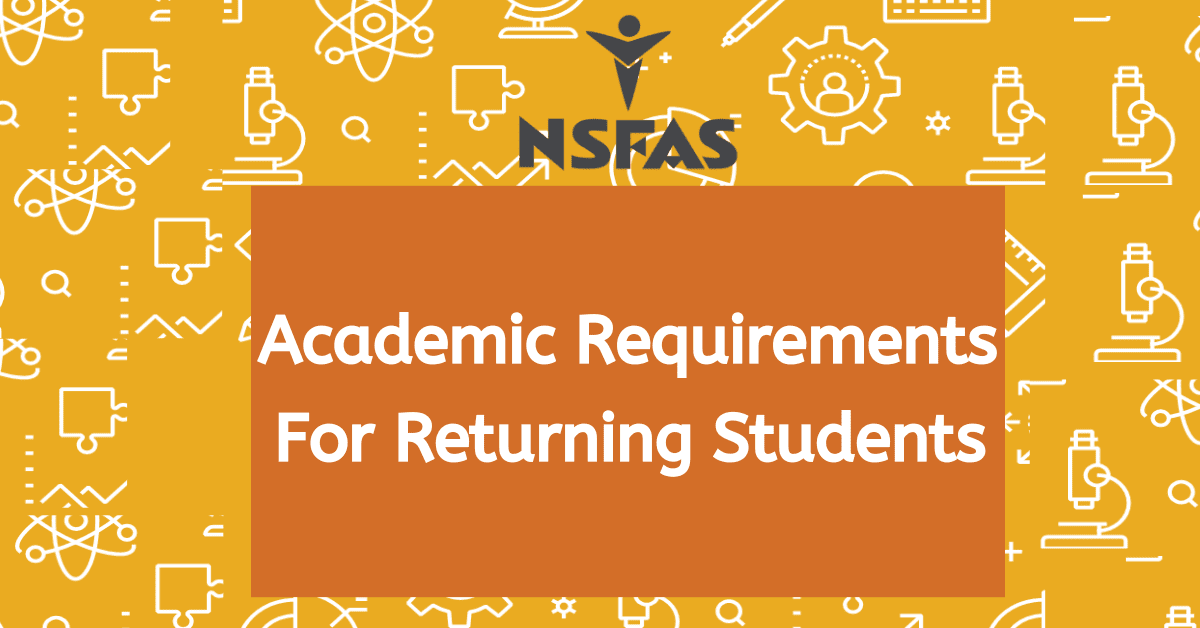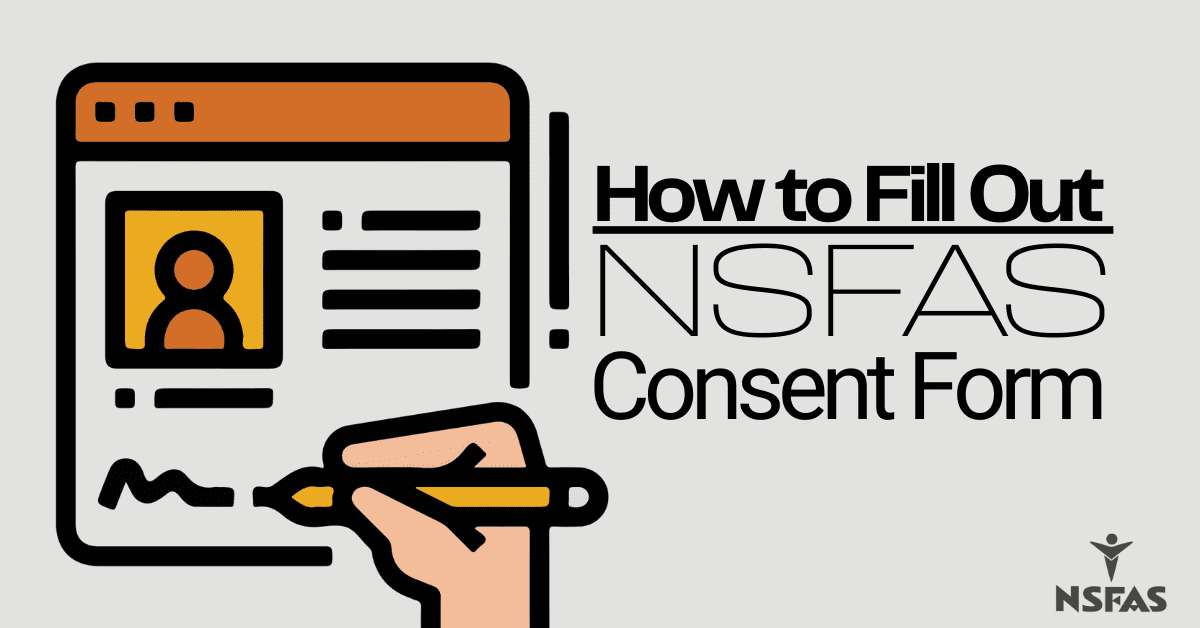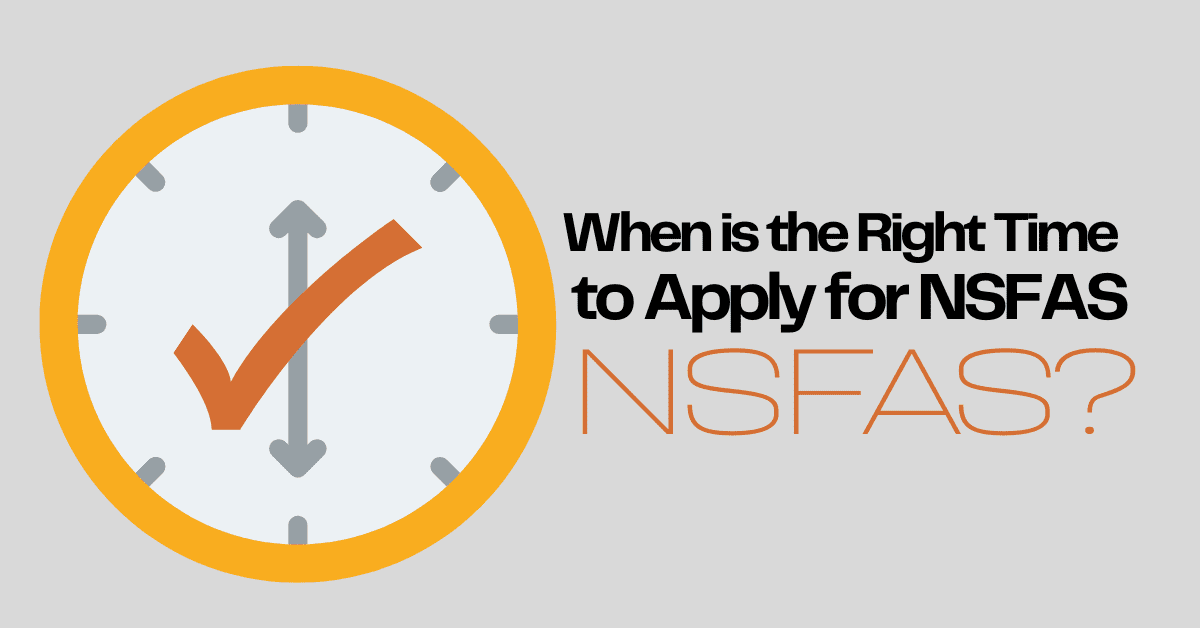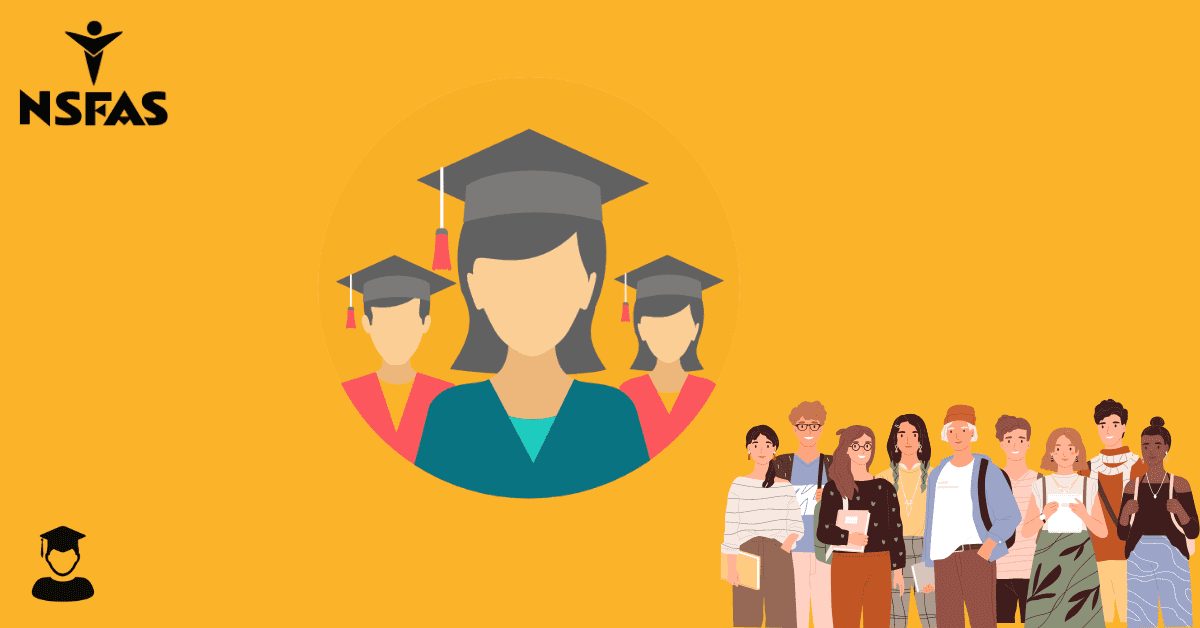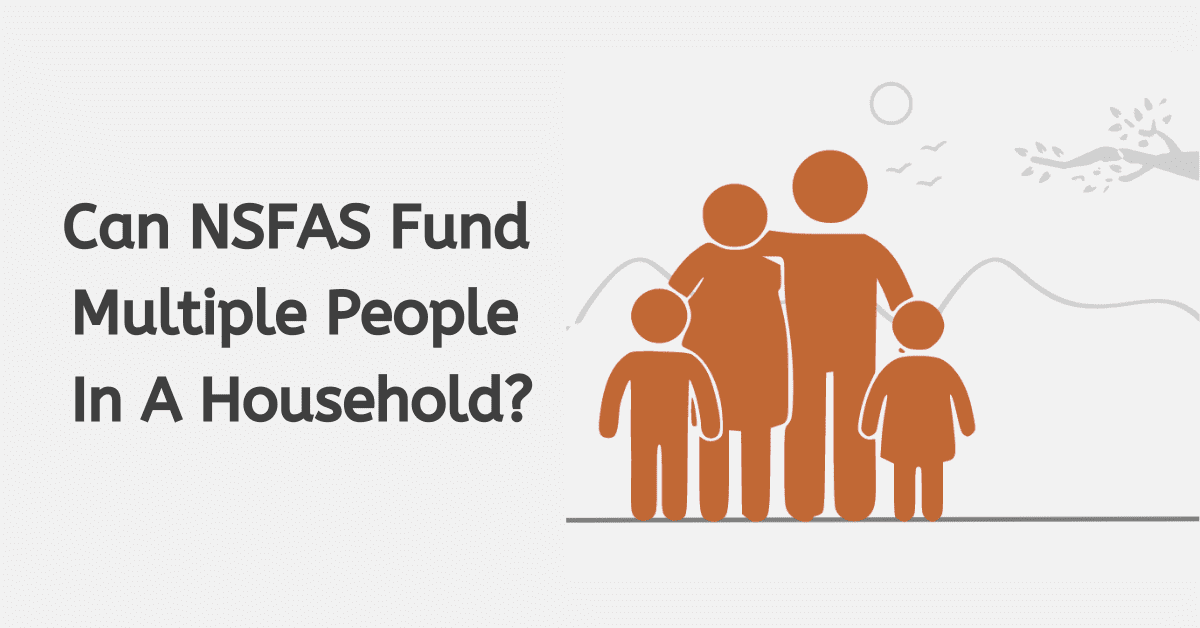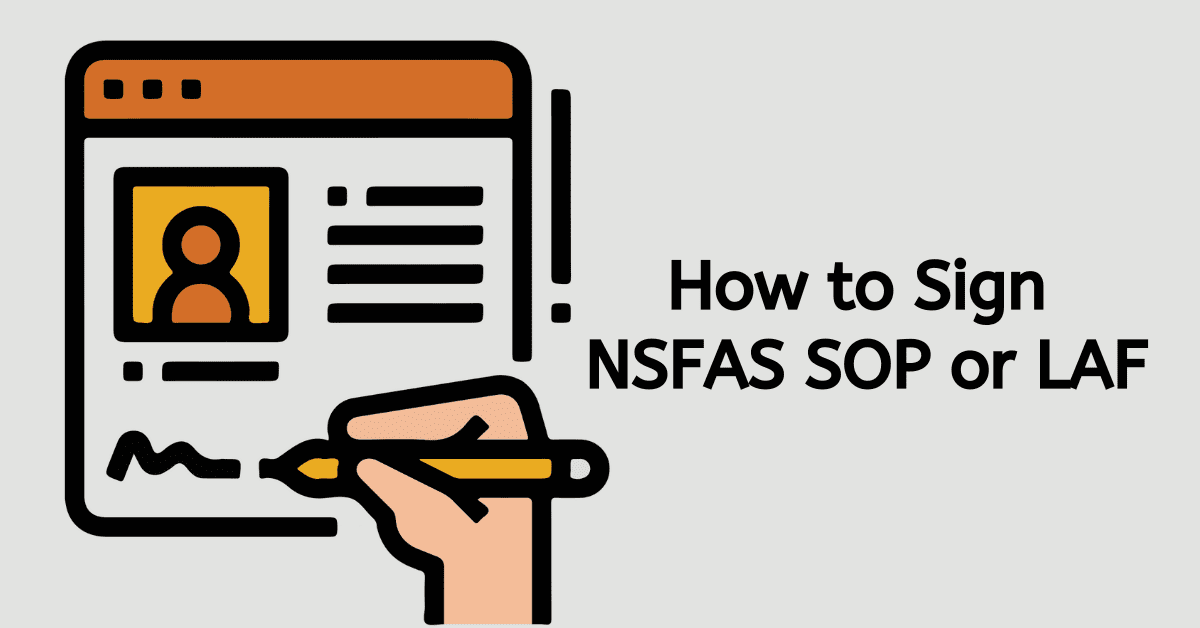The National Student Financial Aid Scheme (NSFAS) aims to help working-class and poor South African students with financial aid to pursue their studies at TVET colleges and public universities. Like any other institution, NSFAS offers terms and conditions that must be adhered to by all qualifying members. This article explains everything you want to know about NSFAS terms and conditions before you apply for financial aid.
NSFAS Terms And Conditions
The NSFAS terms and conditions form part of the bursary agreement, and they guide the conduct of all beneficiaries. When you apply for financial aid and your application is successful, there are certain rules and regulations which you should abide by. NSFAS reserves the right to withdraw funding to students who fail to observe its terms and conditions. Therefore, you must be guided accordingly to continue getting financial assistance.
How Do I Accept NSFAS Terms and Conditions?
All students who qualify for NSFAS funding must accept the terms and conditions so they enter into a legally binding formal agreement with NSFAS. You will not receive any money until you sign the agreement. Failure to sign it means you don’t agree with certain things. Therefore, you cannot enter into a relationship with NSFAS.
To accept NSFAS terms and conditions, you must first apply for NSFAS funding. You can submit your application manually or online. Not all applications are automatically approved, so you must wait for NSFAS to complete its verification process. NSFAS is usually overwhelmed by a large number of applicants each year, so it can take some time to process all the applications.
If NSFAS approves your application, you will receive a notification via SMS or email confirming your beneficiary status. The notification directs you to the NSFAS website, where you can access the bursary agreement form. All approved students must sign the agreement online. You can do this by creating your myNSFAS account, which you will use to perform all NSFAS-related transactions or any other related activity.
Once you are on the agreement page, you are instructed to check if all the details are correct. You should read the terms and conditions, which are written in fine print. If you agree to the terms and conditions, you are asked to tick the validation boxes provided. The signing process is incomplete until you tick yes on the terms and conditions.
If you want assistance in completing your application, you can call the NSFAS contact center on 021 763 3200. You must always remember that no funding will be released to your account without signing the terms and conditions.
How Much Is the NSFAS Monthly Allowance?
NSAFS funding covers the following: registration fees, study material expenses, tuition fees, accommodation, transport costs, and personal care. Students at TVET colleges and public universities get funding each month for 10 months per year.
NSFAS allowances are subject to changes caused by the Consumer Price Index (CPI). Additionally, students are funded according to the institution’s specific needs and expenses. According to information obtained from the NSFAS website, the following is the breakdown of allowances offered to students at universities and TVET colleges.
University Allowances
- Accommodation is pegged at R45 000 as determined by the university. Private accommodation must not cost more than what is charged by the university. Therefore, a student gets R4 500 per month for accommodation.
- Transport allowance of R7 875 per year for a radius of up to 40 km. This means a student gets an average of R787 per month for transport.
- A book allowance of R5 460 applies to all universities and is paid only once per year.
- Living allowance is R15 750 per year or R1575 per month.
- Personal care allowance is R3 045 per year or R304 per month.
All in all, students at public universities get a monthly average of R7,166 for the NSFAS allowance.
TEVT Allowances
- Accommodation: college-managed or leased self-catered accommodation allowance of R45 000 per year or R4500. College-owned residence costs R54 045 per year.
- Living allowance: R6 000 per year or R600 per month
- Transport allowance: R7 718 per year or R771 per month for a distance of up to 10kn from the college
- Personal care allowance of R3 045 or R304 per month.
Students at TVET colleges get a monthly NSFAS allowance of between R6 100 and R7000, depending on where they stay. The monthly allowances vary according to the college since institutions are responsible for determining the expenses to be covered.
What Are the Conditions for NSFAS Funding?
To qualify for NSFAS funding, one must meet the following requirements:
- You’re a South African citizen
- You intend to pursue higher education studies at a public tertiary institution in South Africa, such as a university or TVET College.
- You’ve not completed previous qualifications.
- You belong to any of the following categories:
- You receive a SASSA grant
- Your combined household income is less than R370 000 per year
- If you have a disability, your combined household income must be R600 000 or less.
- People who enrolled in 2018 or before must have a combined household income of R122 000.
NSFAS provides financial assistance to students from less privileged families to pursue higher education at public universities or TVET colleges. When you qualify for funding, you must accept the terms and conditions offered by the agency to start receiving your money. The terms and conditions form a legally binding agreement for the parties involved. Ensure you read and understand the agreement before signing it since NSFAS has the right to withdraw funding from students who fail to uphold the rules and regulations.
